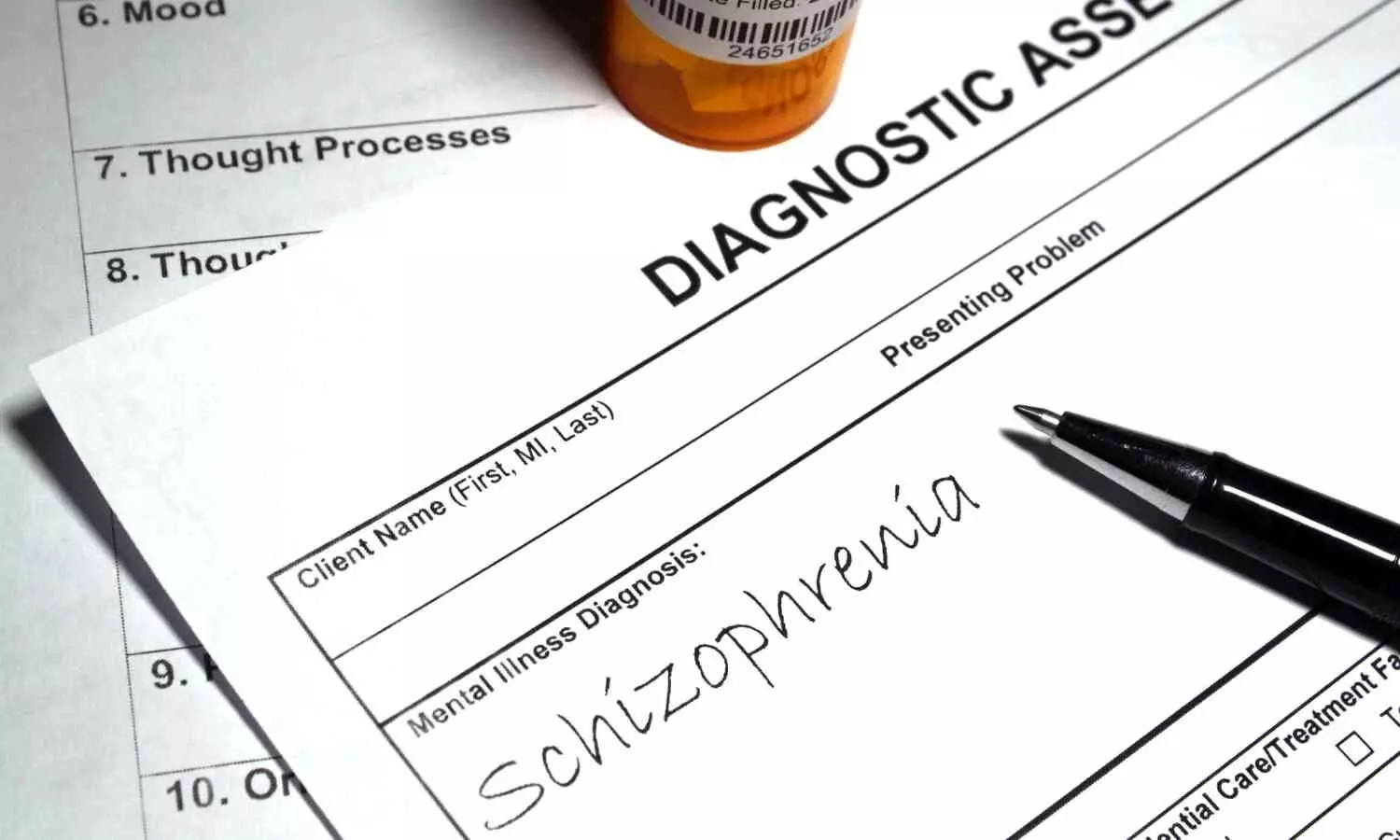Schizophrenia Associated with Higher Risk of Sudden Cardiac Death: Study
 Schizophrenia linked to sudden cardiac death
Schizophrenia linked to sudden cardiac deathNew Delhi: A study published in the journal Heart reveals that the lifetime risk of sudden cardiac death (SCD)—unexpected death from a cardiovascular cause without pre-existing heart disease—is over four times higher among individuals with schizophrenia compared to the general population.
The risk remains nearly double for those with other mental health conditions, including depression, at any age.
The study utilized data from 2010, examining deaths among 18-90-year-old Danish residents using death certificates and autopsy reports. Among 45,703 deaths, 6,002 were classified as SCD, with 2,319 occurring in individuals with mental illnesses.
Researchers found that those with mental health disorders were generally older, more likely to be female, and had co-existing conditions like heart disease, heart failure, arrhythmias, and diabetes.
After adjusting for age, sex, and other risk factors, mental health disorders independently doubled the risk of SCD. Schizophrenia patients faced a 4.5-fold increase in risk, while those with bipolar disorder and depression had threefold and twofold increases, respectively.
The study estimates that an 18-year-old with a psychiatric disorder could expect to live about 10 years less than a peer without such conditions—68 years compared to 78.
Similarly, a 70-year-old with a psychiatric disorder could live another 10 years, compared to 14 years for someone without mental health issues.
The researchers caution that this is an observational study, making it difficult to establish causation. However, they highlight the role of lifestyle factors, medication side effects, and coexisting health conditions in increasing SCD risk.
Despite these factors, the persistent association between mental disorders and SCD suggests other mediators may contribute to this heightened risk.
Doctors Aapo Aro and Jarkko Karvonen of Helsinki University Hospital, in an editorial linked to the study, acknowledged that the research "significantly enhances our understanding of sudden cardiac death risk within the vulnerable population of psychiatric patients." However, they also noted that "the underlying mechanisms behind [sudden cardiac death] remain largely speculative."
Early symptoms of SCD are often present in about half of the cases. If acted upon promptly, survival rates after cardiac arrest could increase fivefold.
Detecting these symptoms in psychiatric patients is more challenging, but the researchers suggest that AI and wearable technology may help identify those most at risk in the future, potentially saving lives.
(with inputs from PTI)


